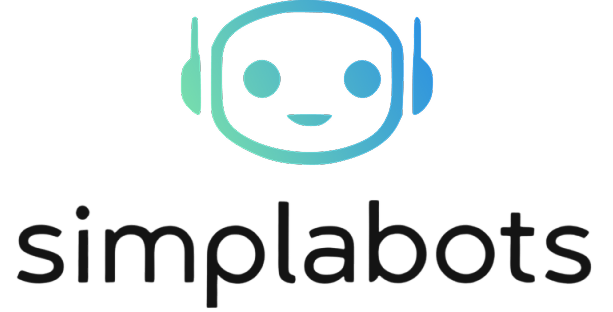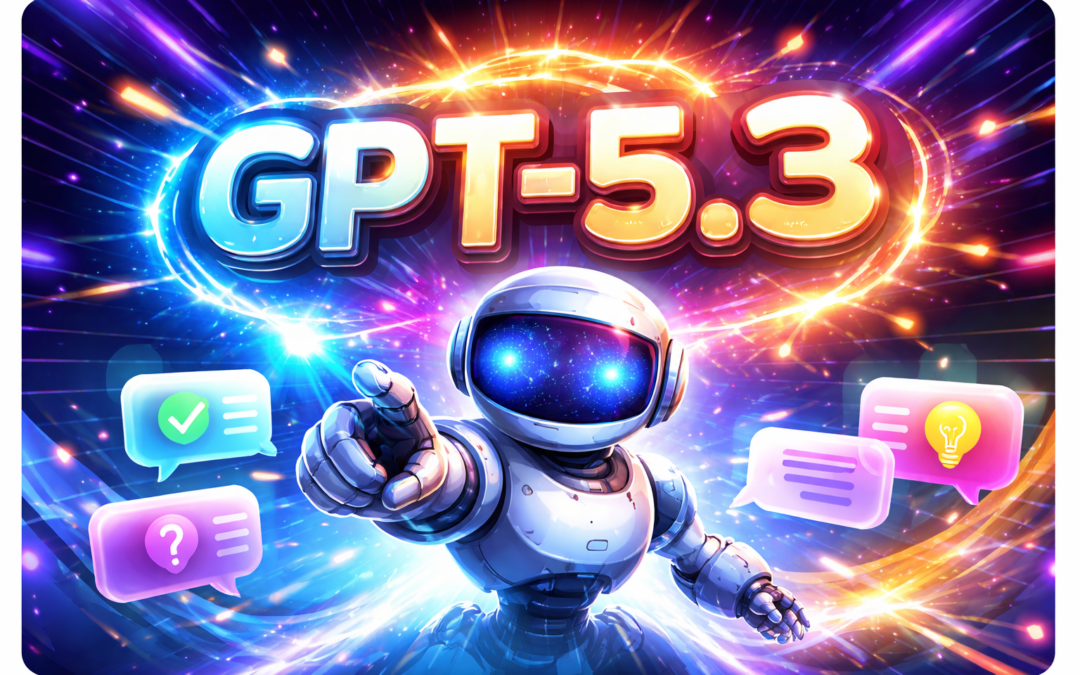AI coding platforms have witnessed rapid adoption as businesses and developers embrace generative AI to boost productivity. A fast-growing player in this landscape, Lovable AI Coding, now approaches 8 million users in just one year.
Here’s what matters right now for startups, developers, and enterprises following the generative AI boom.
Key Takeaways
- Lovable AI Coding rapidly nears 8 million users within just a year of launch.
- The company focuses on expanding its footprint among corporate employees, signaling a priority shift from individual to enterprise use cases.
- Generative AI coding assistants continue to transform software development, intensifying competition among platforms like GitHub Copilot and Amazon CodeWhisperer.
- Developers and enterprises need to weigh privacy, code quality, and integration when selecting AI-driven coding tools.
Generative AI Coding Platforms Surge in Popularity
Lovable AI Coding’s explosive growth to nearly 8 million users in under twelve months underscores the robust demand for practical AI-powered coding assistants.
According to TechCrunch, Lovable initially targeted individual developers, but now emphasizes enterprise adoption, reflecting a broader enterprise shift across the generative AI ecosystem.
“Corporate teams will drive the next chapter of AI coding tool adoption, fueling productivity in fast-paced tech organizations.”
According to VentureBeat’s coverage, Lovable’s platform leverages large language models (LLMs) tailored for safe, enterprise-ready code suggestions, distinguishing itself with privacy-focused architecture and multi-cloud compatibility.
This approach appeals to organizations concerned about intellectual property leaks and model hallucinations, a critical issue cited in InfoWorld’s developer analysis.
Implications for Developers, Startups, and AI Professionals
For developers and AI adopters, the Lovable milestone signals a new era of tooling where generative AI capabilities will become standard in development workflows.
Enterprises benefit from increased velocity, but must invest in policy, access controls, and robust evaluation to avoid potential security risks or code quality issues.
AI startups evaluating the space should focus on differentiated LLM architectures, security features, and workflow integration to carve out footholds as competition intensifies from incumbents such as Microsoft (GitHub Copilot), Amazon (CodeWhisperer), and Google (Gemini Code Assist).
“Adoption speed highlights enterprise hunger for trustworthy and secure AI-powered coding tools that seamlessly fit into existing workflows.”
Generative AI’s potential in software engineering extends far beyond code suggestions. Driven by developer-centric LLMs, these platforms increasingly offer code reviews, automatic bug detection, and even cross-repository insight generation.
Companies investing now stand to realize significant cost savings and accelerate their development lifecycles.
The Road Ahead for AI Coding Assistants
As Lovable charts a course toward wider corporate adoption and possibly new fundraising, analysts expect the entire AI coding category to see greater enterprise investment and, eventually, consolidation.
Premium features (such as advanced privacy settings, language support, and collaboration tools) will determine long-term winners. For AI professionals, understanding model transparency, data governance, and on-premises integration remains essential as organizations demand more control.
“The battle for enterprise AI coding dominance will reward platforms delivering workflow integration, rigorous privacy standards, and extensibility at scale.”
With user numbers surging and enterprise priorities shifting, expect Lovable and similar platforms to shape how teams build, ship, and secure software in the generative AI era.
Source: TechCrunch










